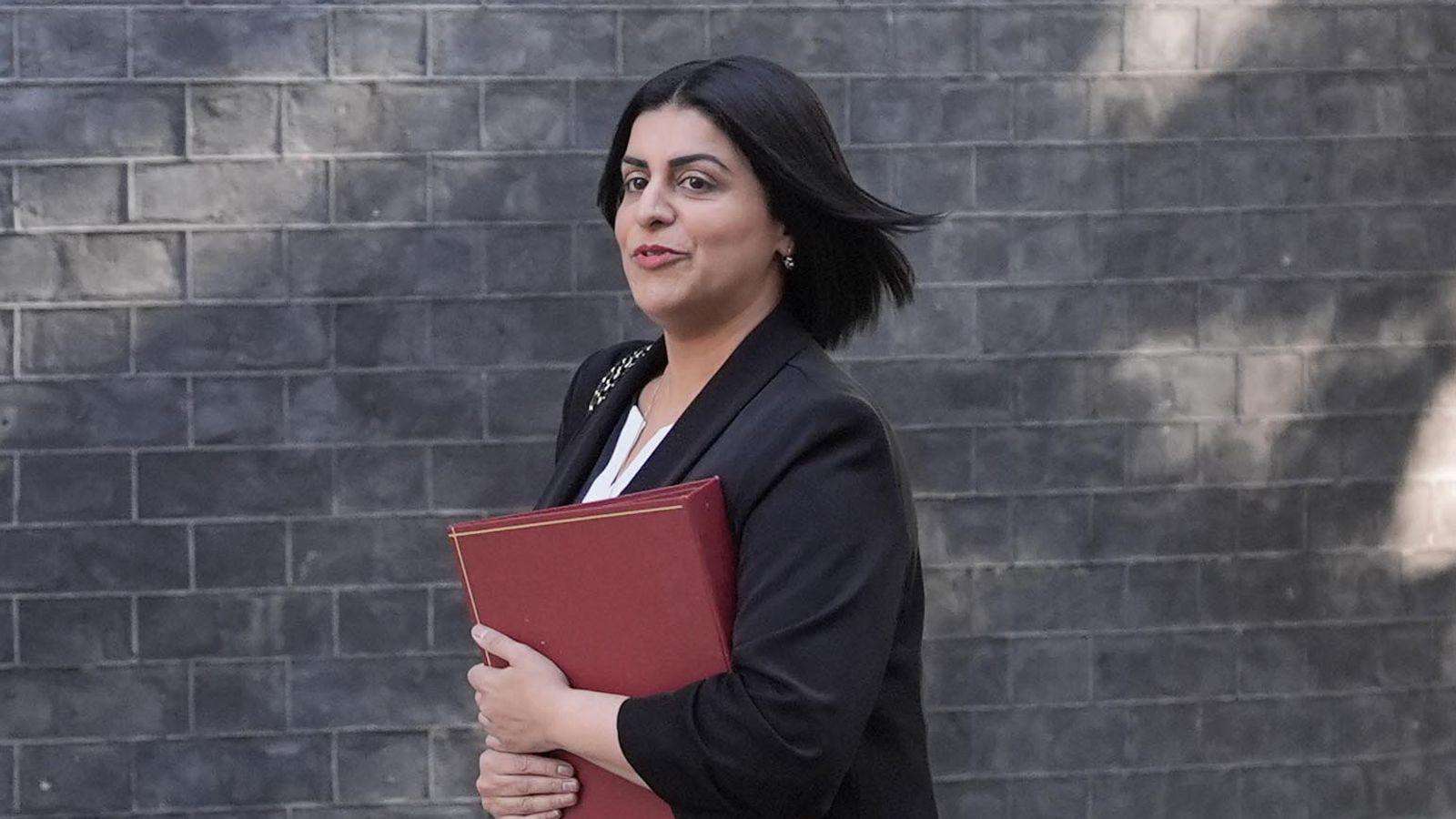Home Secretary Shabana Mahmood, the first Muslim woman to hold one of the great offices of state, has ignited a sharp debate by publicly cautioning against adopting a specific, official definition of Islamophobia. She argues that such a law risks granting Muslims "special treatment" and could inadvertently undermine public confidence and threaten free speech, potentially increasing anti-Muslim hatred rather than curbing it.
Her comments come against a backdrop of alarming statistics. Police-recorded data for England and Wales for the year ending March 2024 showed religious hate crimes soared by 25% to record levels. Critically, Muslims were the most affected religious group, accounting for 3,866 reported offences, or almost two in five (38%) of all religious hate crimes. This places Ms. Mahmood's pragmatic legalism in stark contrast with the heightened sense of vulnerability felt by many in the British Muslim community.
The 'Special Treatment' Dilemma
Ms. Mahmood, whose parents immigrated from Pakistan, framed her concerns as a matter of universal legal principle.
"It might be the case as well that everyone is safer when you’re subject to the same law," she stated.
She argues that creating a specific legal tool for one community, even to tackle "off the charts" levels of hatred, risks a public backlash. The perception that one group is receiving legal privilege could breed resentment and fuel the very hatred it is intended to counter.
This viewpoint directly challenges Muslim advocacy groups, who argue that the multi-faceted nature of anti-Muslim prejudice—where discrimination is often based on perceived racial or cultural identity rather than just religion—is not adequately captured by existing hate crime legislation. Proponents of the definition often cite the adopted working definition of anti-Semitism as a successful precedent for community-specific legal recognition.
The Free Speech Nexus and Political Risk
The Home Secretary's second major concern is the impact on freedom of speech. She warned that if the public perceives that their expression has been "curtailed" by a new law, they will feel compelled to push boundaries, resulting in an outcome that fails to keep communities safe.
This fear echoes concerns raised by others in government that a broad Islamophobia definition could be weaponised to stifle legitimate criticism of Islam or be interpreted as a "blasphemy law by the backdoor." Ms. Mahmood stressed that for any solution to be effective, it must "retain the confidence of the public" and not create conditions that "increase hatred."
Does the First Muslim Home Secretary Stand Against Her Community?
Ms. Mahmood's position is a delicate political balancing act. Her critics may view her stance as indirectly standing against the British Muslim community's call for specific legal protection at a time of rising attacks against mosques and individuals. They argue that her focus on 'equality under the same law' downplays the urgent need to name, define, and address the distinct form of systemic racism that Islamophobia represents.
Conversely, her supporters view her as a seasoned politician prioritising robust, workable, and universally accepted legislation over what she perceives as a potentially divisive, symbolic gesture. Her experience as a Muslim woman in public life gives her position a unique authority, suggesting a deep understanding of the risks associated with legislation that may be perceived as giving "one group special treatment against another group." The challenge for the Home Secretary is to reconcile her commitment to combating anti-Muslim hatred with her adherence to a policy of universal legal application.







.svg)
